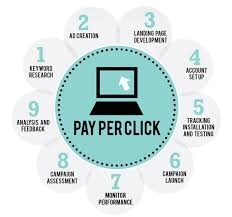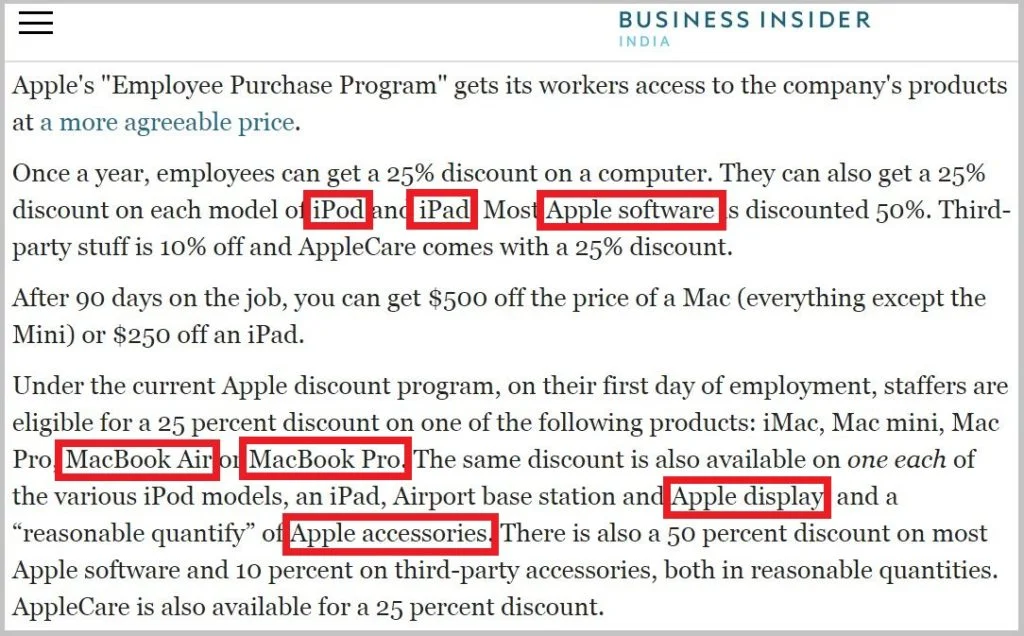Why Are PPC Keywords Important?
Choosing the right pay-per-click (PPC) keywords is crucial for driving targeted traffic and maximizing your ad spend. The right keywords help your business appear in relevant searches, leading to more conversions and lower ad costs.

Steps to Choosing the Best PPC Keywords
1. Understand Your Audience
- Identify what your customers are searching for.
- Think about pain points, needs, and solutions they seek.
2. Use Keyword Research Tools
- Google Keyword Planner (for search volume & competition).
- SEMrush & Ahrefs (for competitor analysis).
- Ubersuggest (for long-tail keyword ideas).

3. Focus on High-Intent Keywords
- Commercial intent: “Buy running shoes online.”
- Transactional intent: “Best web design services near me.” (See Website Development)
- Informational intent: “How to set up Google Ads.” (Learn about PPC)
4. Target Long-Tail Keywords
- Less competitive, more specific phrases lead to better conversions.
- Example: Instead of “SEO services,” try “affordable SEO services for small businesses”.
5. Analyze Competitor Keywords
- Look at what top competitors are bidding on.
- Tools like SpyFu and Ahrefs can help.

6. Use Negative Keywords
- Exclude irrelevant searches to save money.
- Example: If selling luxury watches, add “cheap” as a negative keyword.
7. Group Keywords for Better Ad Targeting
- Create ad groups based on similar themes.
- Example: A clothing store might have groups for men’s shoes, women’s accessories, winter jackets, etc.
Final Thoughts
Choosing the right PPC keywords requires research, strategy, and continuous optimization. The better your keywords, the higher your ROI and ad performance.
🚀 Want expert PPC management? Check out our PPC services!
📞 Call us at 0161 399 3517
📧 Email us at Syed_66@hotmail.com
🌐 Visit: Social Media Max

